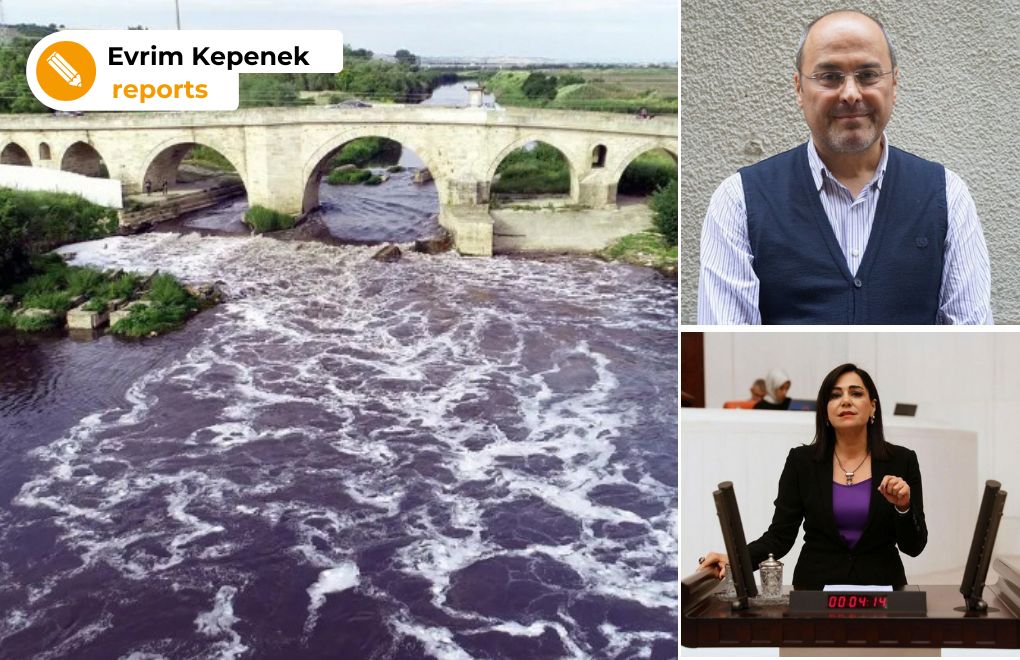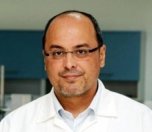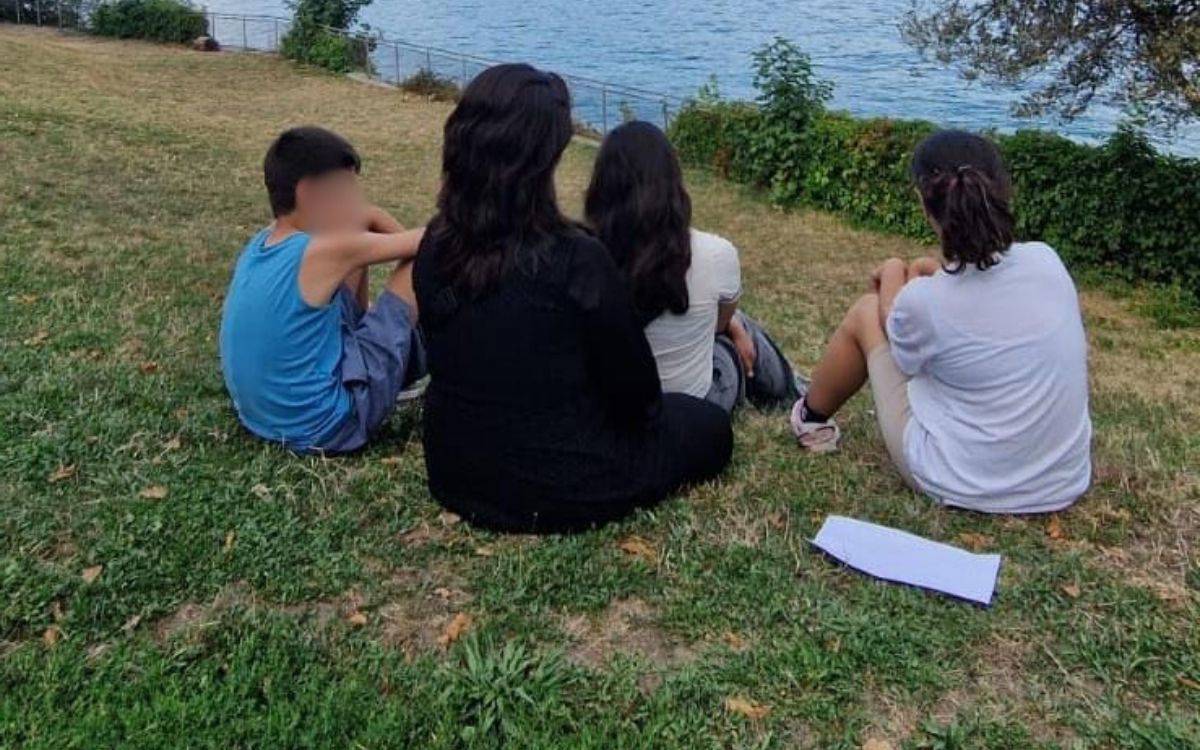Click to read the article in Turkish
Republican People's Party (CHP) Tekirdağ MP, and a physician by profession, Candan Yüceer asked the Health Minister about the 'Cancer Report, as it is widely known, or the outcome of the "Project for Evaluation of Environmental Factors and Their Effects on Health in Provinces of Kocaeli, Antalya, Tekirdağ, Edirne and Kırklareli."
Yüceer asked, "Why are you not making public the results of this study even though 7 years have passed?"
Minister Koca told the parliamentary commission, where the question was addressed to him, that the related report was communicated to the Ministry of Environment, Urbanization and Climate Change (MoEUCC) 2.5 years ago.
This time Yüceer asked the MoEUCC: "Will you make the report public?"
A project was carried out by the Ministry of Health of Türkiye between the years of 2011-2016 with the contribution of a number of scientists from various universities and also ministry personnel. The purpose of the study was to identify carcinogen chemicals in the provinces of Kocaeli, Edirne, Kırklareli and Tekirdağ, where the cases of cancer occur the most in Türkiye.
Yüceer's questions to Ministry of Environment
Yüceer asked the following questions and made the following points addressing the MoEUCC:
Is your Ministry planning to make the results of the related report public? Are you planning to make an announcement on this issue?
Have any measures been taken in relation to the results of this report? If yes, which measures have been taken?
On which date has the report been communicated to your Ministry?
A very long time has passed since the date this report was prepared. Are you thinking about preparing a new report?
When asked if she was able to get a response from the MoEUC, Yüceer gave the following information to bianet.
This report was brought up by scientist Bülent Şık for the first time. He even stood trial for this and after Şık disclosed this report, the Ministry of Health announced that they will make the report public. The current situation where this report has not been made public despite all the years that passed, makes us suspect even stronger that the contamination is very severe.
And no measures have been taken, no improvements made. The soil, water, air pollution in the Ergene basin continues increasingly.
An action plan was prepared for cleaning Ergene in 2011 but not implemented. No concrete action was taken.
Toxic wastes of the region directly influence the Marmara Sea.
As this region gets more toxic, the whole geographical area does.
The rate of cancer cases has increased. There is one patient in each house but there is no single oncology hospital in the region.
We want this report to be made public at once.
Şık: It is not acceptable that no measures are taken
bianet also talked to food engineer Bülent Şık, who was responsible for organizing the research projects on food and water, carrying out the analyses and writing the final reports in this project. Şık had made the report public with an article series entitled "The state has concealed the carcinogen products, we are making them public! Here is the poison list" which was published on Cumhuriyet daily newspaper in 2018.
Şık told bianet, "When I made this report public, a lawsuit was filed against me on charges of "disclosure of secrets about duty," "provision of prohibited information" and "disclosure of prohibited information." I was sentenced to 15 months of imprisonment. Challenging the judgment we took the case to the Court of Appeal which returned an acquittal last year."
"However the Prosecution and the Ministry of Health objected and the file was sent to the Court of Cassation. We are waiting for the judgment from the Court of Cassation. I am hoping for an acquittal but it may turn out that the Court will approve the prison sentence. It has been more than three years since the lawsuit was filed."
"The Ministry has not made any announcements during this period. Whereas they had sent a letter to the Cumhuriyet newspaper at the time when the article series was published and said, 'there is not any report which we avoid making public." The elapsed time disproves them.
"And the Health Minister himself told that the report of the study was sent to the Ministry of Environment. It has been 6 years since the study was concluded, and 4.5 years since the articles were published in the newspaper.
"The Ministry of Health and the Ministry of Environment have to explain what they have done in order to control the pollution in the provinces of Kocaeli, Antalya, Tekirdağ, Edirne and Kırklareli where the study was carried out resulting from carcinogenic materials and in order to protect the health of people living in these provinces.
"It is not acceptable that no measures are taken. This means putting people deliberately at risk. And we should not forget that children are affected the worst."
"Exposure to toxic chemical materials during infancy or childhood increases the risk of various illnesses dramatically. About four million people live in these four provinces and one million of this population are children.
"Report not made public because serious pollution found"
Şık, gave the following information about the content of the report:
"Since the study has a very large scope, it is not possible for me to give detailed information. Even the results of the water and food study only is nearly 200 pages. So I will give some important information briefly.
"Residual analysis was made for hundreds of toxic chemicals in the study in the Ergene basin, in Dilovası, Kocaeli, in Kumluca, Antalya in environments such as the underground and surface waters, in drain water, in soil and air and in various food products such as pesticide, heavy metal, volatile organic compounds and aldehydes, polyaromatic hydrocarbon residues (PHR's).
"Again toxic chemical residues were investigated in fish, in shellfish and in sea water in the gulfs of İzmit, Saroz and Antalya.
"Various food products were analyzed starting with barley, horse bean, green pea, wheat, strawberries, dill, tomatoes, plums, carrots, cucumbers, nettle, black cabbage, zucchini, canola, watermelon, apricot, cherry, lettuce, corn, banana, chickpea, potatoes, rice, garden racket, garlic, purslane, peach, sugar beet, peanut, spring onion and eggs.
"1440 water samples and 1380 food samples were analyzed in the study. Each sample was taken from a specific settlement area. A total of approximately 15 thousand analysis were made on these samples. "International Proficiency Tests" were taken in the UK in order to guarantee the accuracy and reliability of the studies.
"Residual analysis was carried out for various contaminators, polyaromatic hydrocarbon compounds and 330 different pesticides in all food and water samples.
"All pesticides identified as hormone disruptors were included in the study for example and this is very important because hormone disruptor chemicals give the most harm to children.
"The results of the study revealed that the inhabitants of these areas were being exposed to various toxic materials by means of food or water.
"Of course I have to say that there are differences between different areas of settlement. However I believe that a widespread pollution of chemical materials was identified in the region in the general report of the study.
"This is one reason I can tell why they are not making the report public. It is not made public because serious pollution has been identified. Information on details of the pollution such as which chemical materials are causing the pollution and at which levels will lead us to the guilty. Then we will find answers to our questions on who is causing the pollution and who is allowing them.
"We have to first chase the answers to the questions on which protective measures have been taken so far, which actions were taken to protect public health and the environment. If we care for the health of humans and of course other living creatures, but especially the health of children we have to do this." (EMK/PE/VK)












